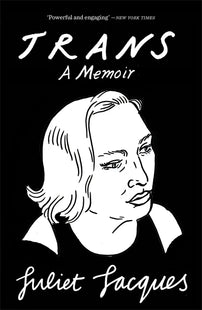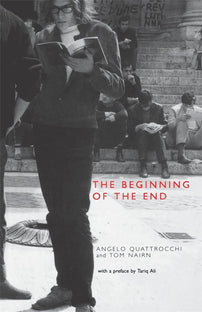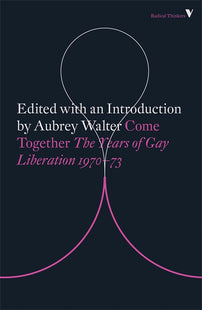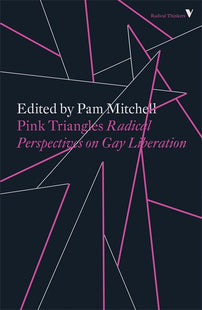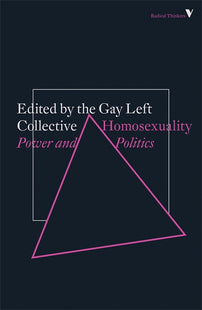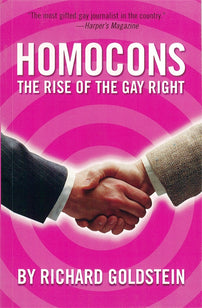It is Forbidden to Forbid: The Liberation of Desire in France After May 1968
Juliet Jacques and writer and curator Paul Clinton discuss the wave of queer radicalism that followed May 1968 in France.

In a new episode of Suite (212) Extra — a monthly series on Resonance 104.4 FM that explores the arts in their social, political, cultural, and historical contexts — host Juliet Jacques speaks with writer and curator Paul Clinton about the wave of queer radicalism that followed May 1968 in France, considering figures like Guy Hocquenghem and Lionel Soukaz, and groups like Front homosexuel d'action révolutionnaire and the Bazooka graphic design collective.
One of the more intriguing — and most Lacanian — slogans that appeared in Paris in May 1968 declared "Il est interdit d'interdire" — "It is forbidden to forbid." In this follow-up to our recent Resonance 104.4fm show about the insurrections, Juliet Jacques talks to curator/writer Paul Clinton about his "Forbidden to Forbid" exhibition, how May '68 launched a decade of queer radicalism, the tensions within its gay, lesbian, bisexual and transgender elements, and its eventual collapse amidst the HIV/AIDS crisis and the decline of the wider French left.
The episode follows a recent installment of Suite (212) focused on the relationship between the May events and French filmmaking, with guest Mitchell Abidor, author of May Made Me: An Oral History of the 1968 Uprising in France (UK: Pluto Press/US: AK Press).
[book-strip index="1" style="display"]
